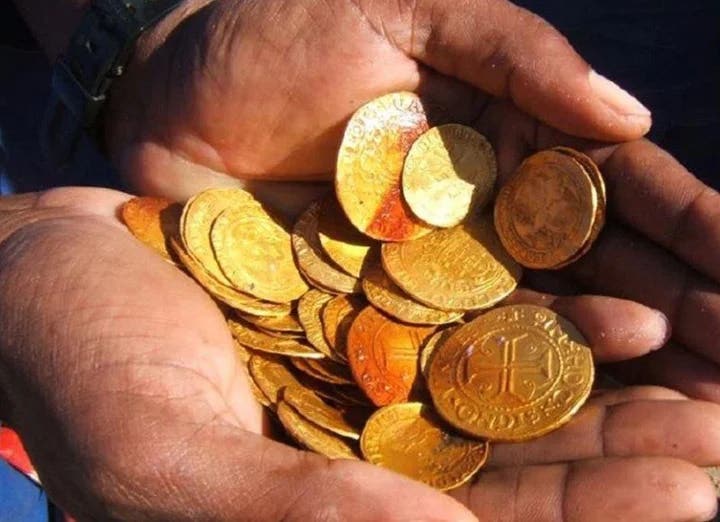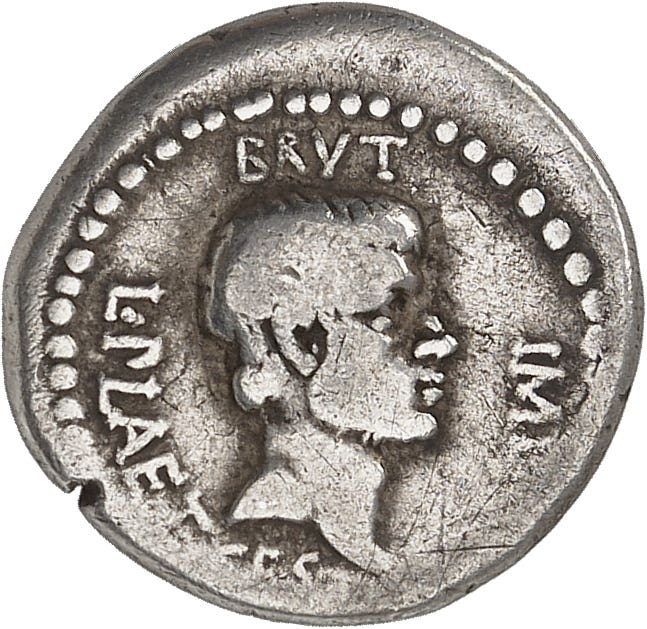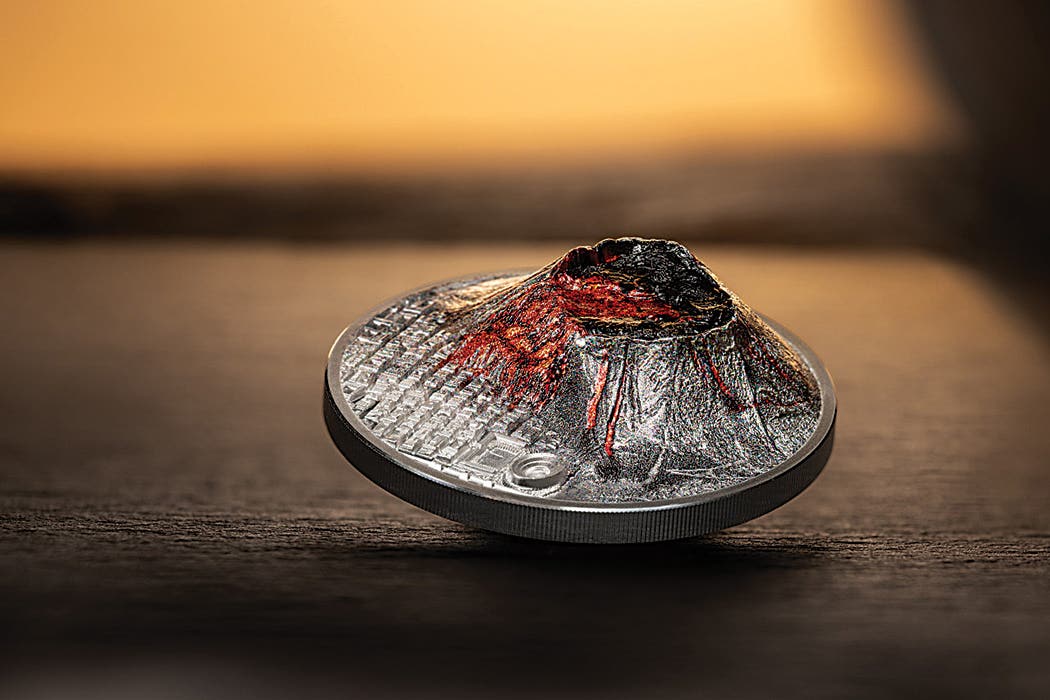DNW Slate Rare Allectus Aureus Find
Dix Noonan Webb’s June 5-6 sale in London-town will see a recently found aureus of Imperator Caesar Allectus Augustus, Emperor of Britain 293-296 CE, go on the block (cf. S-683)….
Dix Noonan Webb’s June 5-6 sale in London-town will see a recently found aureus of Imperator Caesar Allectus Augustus, Emperor of Britain 293-296 CE, go on the block (cf. S-683). The superb 4.31g coin was found in March this year by a metal detectorist scouring a newly plowed field in Kent adjacent to a former Roman road.
He later told reporters “At first we found bits of old tractors and shotgun cartridges, but after 45 minutes I found the coin. I still can’t really believe what I discovered! It is my greatest find by miles – I initially thought it was a half-sovereign, but I gently sprayed it and it started to gleam. I was sure it was a fake but decided that it was real as it was so heavy.
I contacted the British Museum, who asked me to take it to show to their expert, Dr. Sam Moorhead. He was able to confirm that the coin is die-linked to one in the British Museum collection. It appears to be the first Allectus gold coin reported as being found in over 50 years.” The coin in the BM was discovered at Silchester in the 19th century.
Christopher Webb, Director and Head of DNW’s Coin Department observed: “This is a unique opportunity to acquire a stunning and extremely rare aureus. It is only the second found in Kent, and is the first to be sold at auction” … despite its age, it has the original color and only a few tiny marks on the bust and minor scrapes on edge. There are only twenty-four aurei of Allectus known with nineteen different obverse dies recorded.”
Allectus was treasurer to Carausius, an officer in the Roman navy who seized power in Britain and northern Gaul in 286. He declared himself Emperor of Britain. Effectively he was the first Brexiteer. In 293 Allectus assassinated Carausius and assumed the throne himself.
He issued coins in his own right as Emperor of Britain. These are well-produced with an apparently smooth transition from those of Carausius to those of his murderer. Today both groups of coins show a similar distribution. In 296 Roman Emperor Constantius Chlorus launched a successful invasion of Britain. Allectus’ forces were destroyed and Allectus was slain.
The newly discovered coin will carry an estimate of £70,000-100,000 [$90,000-130,000]. It can be sold directly at auction as the existing British Treasure Act does not consider single gold coins as treasure that would require adjudication by a coroner’s court. The proceeds are simply split between finder and landowner. The finder has no plans as to what to do with his half of the price-realized but the landowner is intending to go on holiday!
It will be intriguing to see if the current piece can exceed the £480,000 [$625,000] DNW achieved in Sep. 2014 for a gold aureus of Augustus Caesar. Given the condition and provenance of the Allectus piece that is not unlikely.
This article was originally printed in World Coin News. >> Subscribe today.
If you like what you've read here, we invite you to visit our online bookstore to learn more about Standard Catalog of World Coins, 2001-Date.






